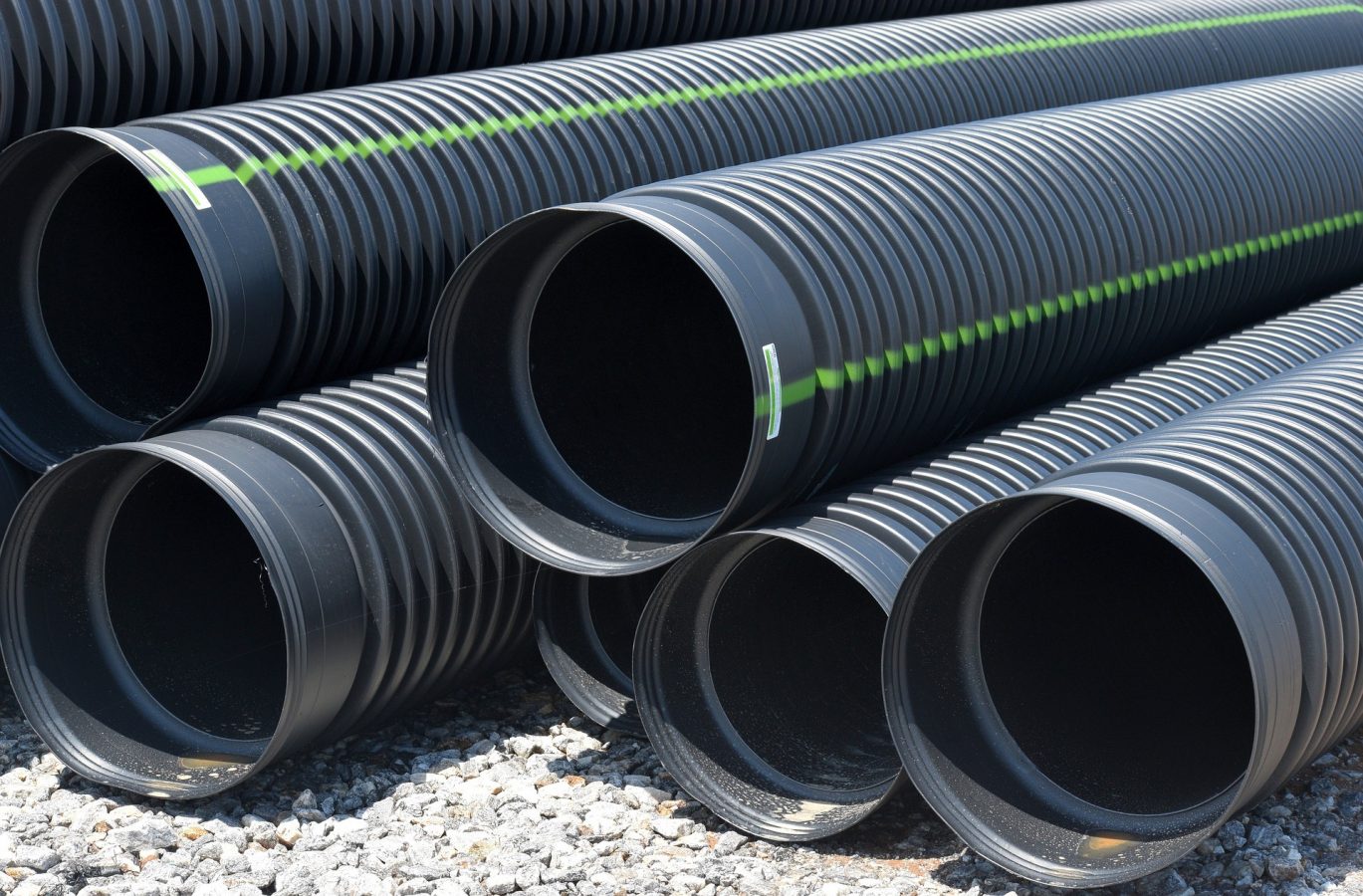
15 Mar What Are Leach Lines?
Leach lines sound like something you may get after swimming in a leech-filled pond. They also may sound like something that you generally do not want to associate with your home. However, leach lines are actually part of your septic system, especially if you live in a rural area or small suburban town.
Leach lines are a necessary part of a functioning septic system. They’re also often called leach drains or septic drain fields. They ease the change of septic wastewater being cleaned and returned to the earth as clean water.
Keep reading to learn more about leach lines!
More About Leach Lines
Leach lines are a draining system. Leach lines start after the sewage water, also known as septic effluent, goes through the septic tank. In the septic tank, the sewage water gets treated by various enzymes and microbes. These enzymes and microbes begin breaking down solids. Then, baffles, screens, and filters in modern septic systems further stop solids and scums from entering the leach lines.
The lines are a series of perforated pipes, often in a field formation. These filter the effluent and disperse it into the ground surrounding the pipes. Around the pipes, there’s gravel and sand to further filter the water before the effluent is transferred into the soil. The enzymes and microbes cling to the effluent and break it down during this step. Then the clean water soaks into the soil beneath the leach field.
The actual leach lines are often constructed from PVC pipes with perforations for the water to exit into the field. There are two main designs for leach lines, including the catabolic design and biofilter design.
Leach Line Maintenance
When you have a septic system, it’s very important to get your septic system inspected regularly. Leach lines are an essential component of your septic system. Taking care of your septic system will protect your leach lines and leach field.
Pump Regularly
Every few years, you should have your leach lines and sewage system pumped. This will remove the scum from the tank and make it easier for the screens and baffles to stop the scum from entering the leach field.
Avoid Putting Weight On Leach Lines
Your leach lines are made from PVC pipes and while they’re able to last for a long time, they are not invincible. Try to refrain from putting heavy objects over the leach field. Do not set up a storage shed, above-ground pool, jungle-gym, or other heavy items over it. Try not to drive ATVs or vehicles over the leach field. All these things could put unnecessary weight on the PVC pipes and cause them to crack or break.
Avoid Using Incorrect Cleaners
First-time homeowners may look for an easy way to clean their sewage system by pouring chemicals into the toilet. This can wreak havoc on your septic system and the chemicals may infect the ground around your leach field. Avoid using chemical drain cleaners as they can damage your plumbing system.
Avoid Clogging Leach Lines
Sometimes, certain items get flushed down the toilet. Kids, in particular, tend to flush toys down the drain when they’re young. If you have little ones at home, try to keep them from flushing toys or other items down the drains and into your sewage system.
Be Consistent
If you don’t do regular maintenance on your septic system and leach field, you’d risk your septic system failing and backing up. You would also risk your septic system breaking down beyond repair and needing to replace your entire septic system. You’ll know something is wrong if you smell sewage or see physical signs of flooding. If this happens, you must call a plumber immediately.
Signs of Broken Leach Lines
How do you know your leach lines are damaged? You should keep an eye on where your leach lines are located in your yard. If they’re damaged, you may notice the ground above them is mushy or growing an increased amount of grass or plants than in any other area of the yard. In your home, keep an eye on how quickly your drains work. If they’re all draining a bit slower than usual, have new gurgling sounds, or a strange odor, your leach lines may need to be inspected.
Sewer System Repairs in Oahu
Searching for honest, reliable plumbers on Oahu? Look no further than 535 Plumbing. Our team is dedicated to going the extra mile to ensure your plumbing problems are fixed quickly, safely, and efficiently. Call us at (808) 300-0535 to set up an appointment.


